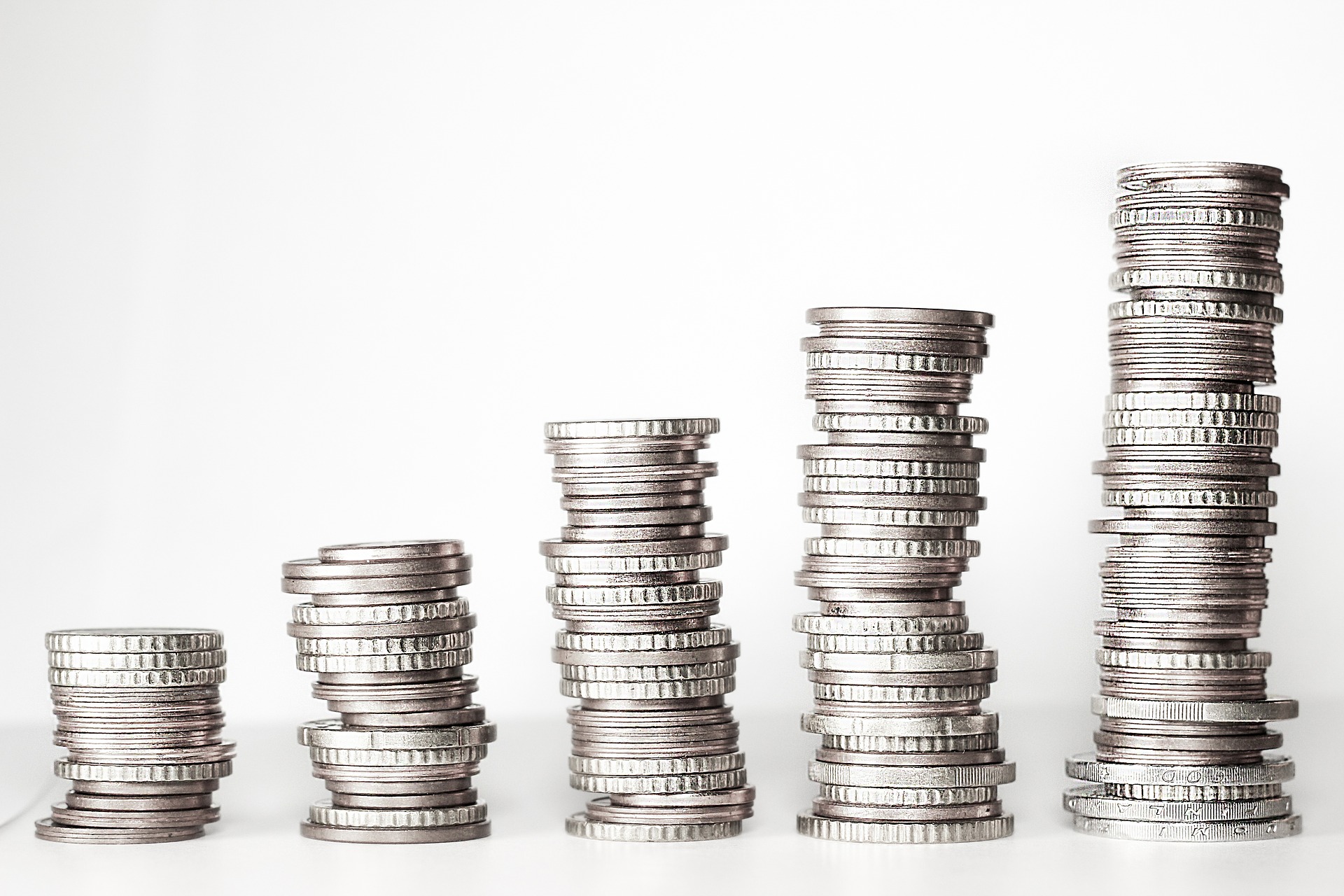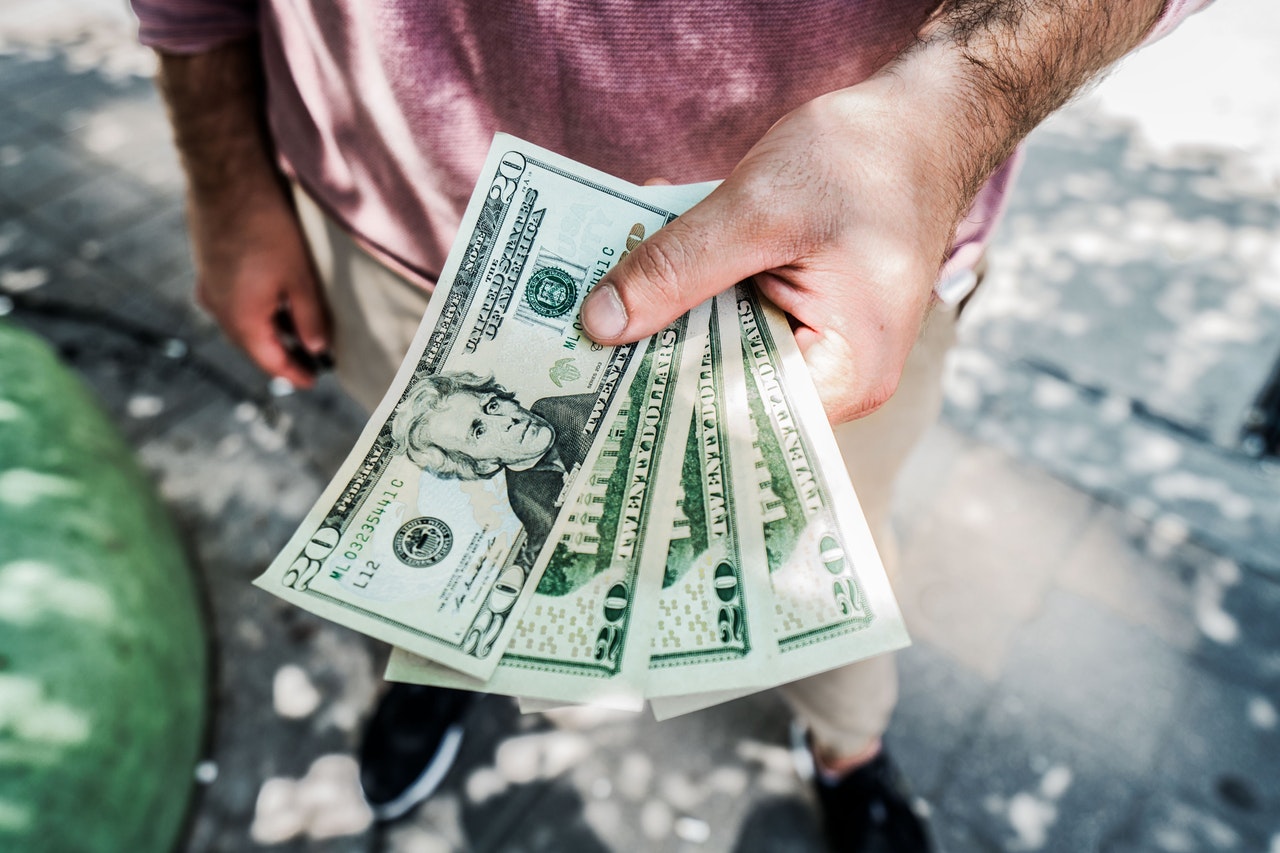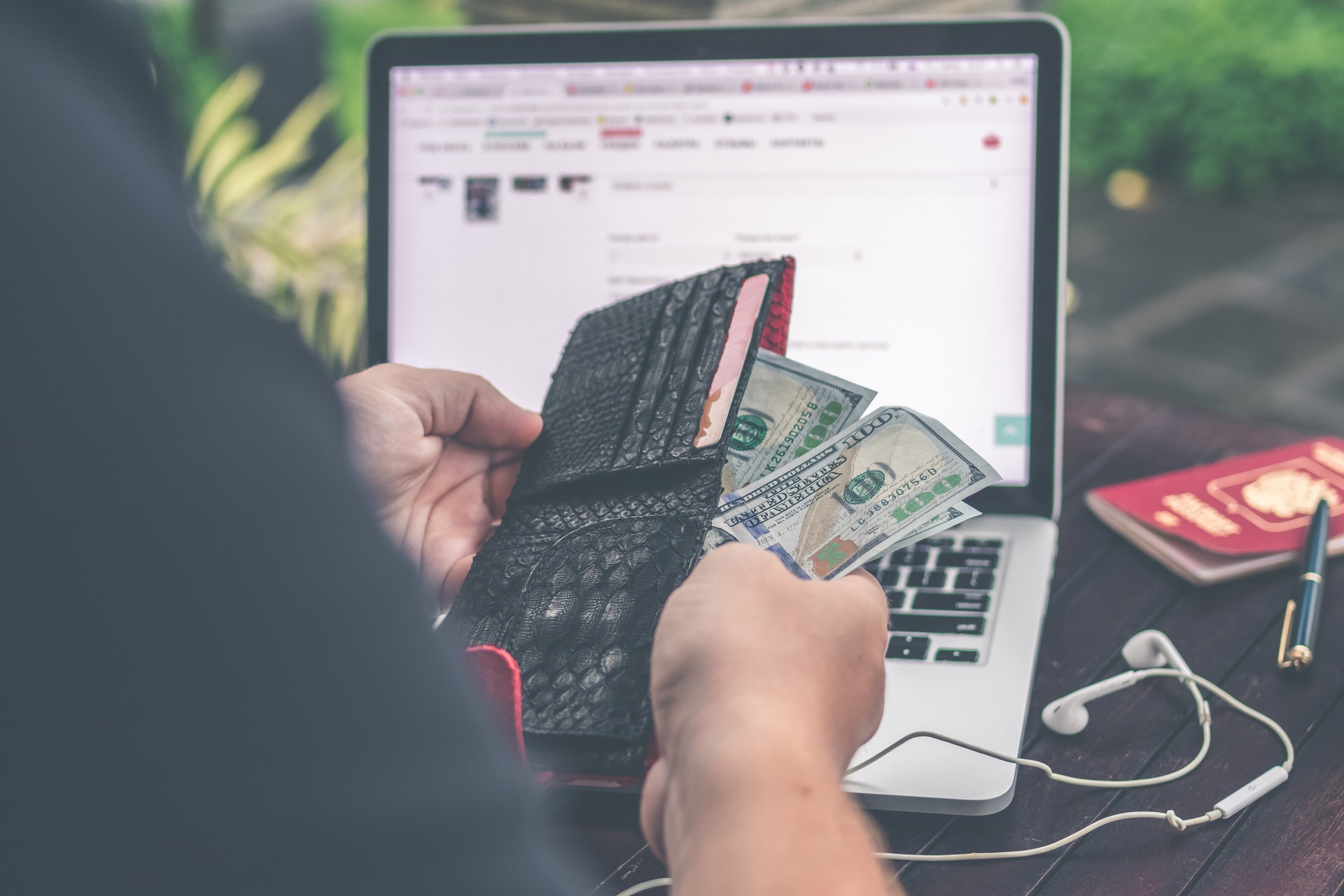
The Best Financial Advice from my Parents
I reached financial independence, quit my job at 38, and relocated with my family soon after. I achieved this thanks to my three guiding financial principles – sensible spending, active saving, and sound investing. Not surprisingly, these three guiding principles intersect with how my parents taught me in my early years. I’ve been blessed to have such guidance from them since the beginning and know that not everyone had the same blessings as me. Therefore, I’m sharing the best financial advice my parents gave me and how it still applies today.
Track Everything
From my early years, my mother insisted that I keep a ledger of all my money coming in and going out – down to the penny. Looking back, it may seem a bit comical how much time I spent thinking over a matter of coins. But as a kid, it felt like a ton of money. My parents wanted me to be a good manager of it. I was able to reflect on my financial decisions by knowing how much I earned, how I handled it, and where it went. The attention to detail I learned here was integral in my future financial success.

Pay Yourself First
Full disclosure, I don’t think my parents ever used those words with me, but that’s what they meant. They told me that I must save half of what I earned (allowance, odd jobs, etc). By doing so, I was setting myself up for long term financial needs (college expenses) while moderating my own discretionary spending. I carried this over to how I saved, invested, and spent as a young adult. Doing so at such an early age allowed me to take maximum advantage of time and compounding. Big picture, this all played into me reaching financial independence in my 30’s.
Enjoy What You Have
Growing up, I received plenty from my parents. But I always knew some other kids had more stuff. Naturally, I felt it was unfair at the time, but I knew it made me value and enjoy the things I did have more. Of course, I splurged here and there, especially right after college. I probably bought more CD’s than I needed to. But thanks to my parents’ guidance (and also in the two previous topics), it never got out of hand. To this day, I find great enjoyment out of fully consuming the possessions I do have before I buy more.
Give
My parents instilled the importance of giving to others. I embraced the way I can give to a variety of organizations and individuals. By doing so, I’ve been able to gain valuable perspective into others’ lives and challenges. By giving, I avoid getting too caught up in my own petty nonsense. Simultaneously, I can’t ignore that it feels great to see the immediate impact of helping others.

Coupon
That’s a verb here, not a noun. My parents loved to coupon, or at least that’s what I remember. We were always looking for the best deal or savings in any given situation. I’ve extrapolated this act to a ridiculous scale in the points and miles hobby. I joke that most other people spend money on hobbies, not save because of them. That’s just another beautiful aspect of our hobby that I’m sure many of you enjoy.
Conclusion
That’s the best financial advice my parents passed on to me. Those areas still apply, along with a few tweaks I’ve added along the way. And as a parent of young ones, I like the process of passing along what I’ve learned. So far, so good – the eyerolls haven’t started yet. What financial advice did your parents pass on to you? Do you still follow it?



I enjoyed this article. Thanks for sharing!
My parents were always a saver and I learned to save much later in life. I love giving, saving and investing my money whenever I can now and hope to teach same principle to my kids.
So true about this money saving hobby while other hobbies cost money!
Thanks for reading!
Thank you for sharing your lessons.
My parents are frugal, live with less, people. They never said “no” to a purchase, just were critical of “fun” things like magazines, cassettes/CDs, fashion, impractical classes and lessons (art, sports), concerts/leisure travel, and would make a big deal about the cost associated with visiting people and having had to pay admission “Uncle had to pay $xx.xx for us to visit the garden and for lunch/dinner.” Thus, we stayed at home, and childhood was about studying and working. Also, I learned early on to opt out to cut down on expenses: “save 20% by leaving one kid behind!”
My early departure from work came after a planned six month break in my forties became six years. Oddly, opportunities to experience the things I wanted but didn’t ask for as a child happened mid-life. I redeemed a lot of airlines miles for magazine subscriptions for fairly low points at the start of the pandemic (spring 2000) before airlines announced an extension of expiration, and no one was going anywhere, anyway. I learned to swim after buying my first bathing suit in my late twenties, attended a PGA tournament and played on a golf course for the first time in my late forties (the ultimate waste of time and money in their eyes). Oddly, when I mention doing things now, I am told, “you’re too old.” I took my parents to different parts of Europe several times after I started working. Those days are over for them due to age and serious mobility problems. My uncles barely traveled, some not until they were wheelchair bound. They only traveled at the behest of their children.
I think it is a generational thing, too. I joke that my parents were frozen in 1965 . . .I was born in the seventies. Now, they are living in 1865!
I also am more giving despite being on an extremely fixed income. I realize that I can enjoy the things I want to explore by using promotions, coupons, and looking/timing for “free days.” That frees up my modest income for charitable causes and donating my time to non-profits. I would never have expected my situation to be the way that it is. I am the only one in my peer group who is situated where I am. However, I do take good measures in terms of my health, and that is ultimately the most valuable thing.
Sara J,
Thanks for sharing your experiences!
Financial independence and autonomy are precious. I am truly thankful for that.